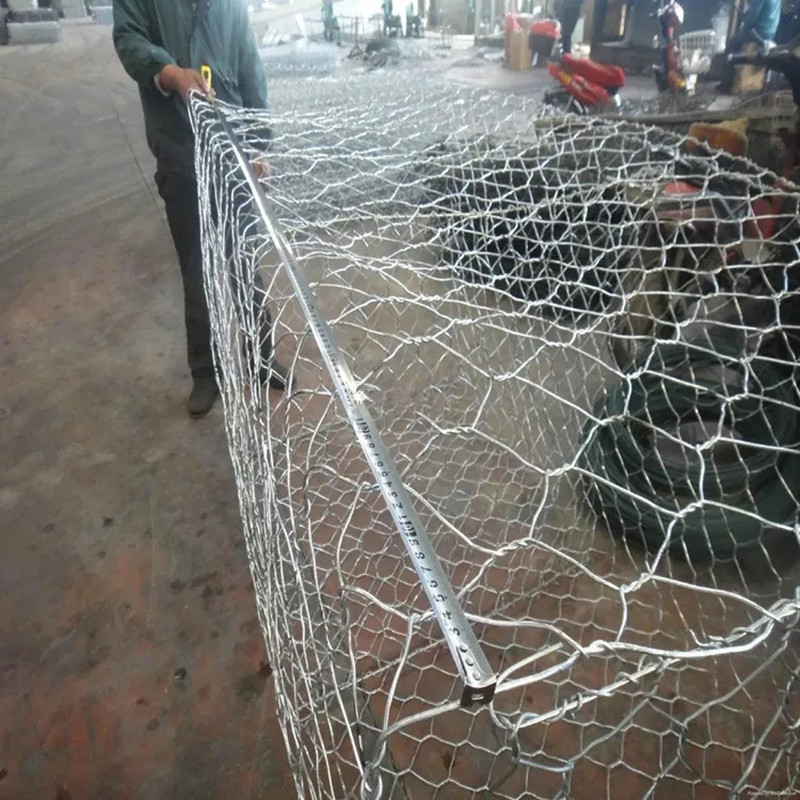Sep . 01, 2024 21:24 Back to list
Types of Field Fences | A Comprehensive Guide
Types of Field Fences A Comprehensive Overview
Fencing is an essential aspect of agriculture, land management, and livestock containment. Field fences serve various purposes, including defining property boundaries, protecting crops from wildlife, and keeping livestock safe and secure. Understanding the different types of field fences available can help landowners choose the most appropriate solution for their needs.
1. Barbed Wire Fencing
One of the most common types of field fencing is barbed wire. It consists of twisted strands of wire with sharp barbs at regular intervals. This type of fence is particularly effective for livestock containment, as it discourages animals from attempting to escape. Barbed wire fences are durable, cost-effective, and relatively easy to install, making them a popular choice for ranches and farmlands. However, their safety for certain animals, particularly pets, can be a concern due to the risk of injury from the barbs.
2
. Stock FencingStock fencing is another widely used option, especially for containing sheep, goats, and other livestock. Unlike barbed wire, stock fencing typically consists of vertical and horizontal wires in a grid formation, providing a more secure barrier. This type of fence can vary in height and mesh size to accommodate different animals. Stock fencing is effective at preventing animals from escaping while also keeping predators at bay.
3. Electric Fencing
types of field fence

Electric fencing is an innovative solution that uses electric shocks to deter animals from crossing the barrier. It can be used in conjunction with other types of fencing or stand alone. Electric fences are particularly effective for containing strong or stubborn animals, as the electric shock trains them to stay within the boundaries. This type of fencing is adjustable and can be easily relocated, making it versatile for various applications, including temporary grazing areas.
4. Welded Wire Fencing
Welded wire fencing consists of wires that are welded together at intersections, creating a strong and sturdy fence that can withstand the elements. This type of fencing is ideal for keeping small animals like rabbits and chickens contained while also securing larger livestock. Welded wire is durable and offers good visibility, allowing for easy monitoring of livestock while providing a strong barrier.
5. Vinyl Coated Fencing
Vinyl coated fencing provides an aesthetically pleasing alternative to traditional wire fences. The wire is coated with a layer of vinyl, which adds durability and resistance to rust and corrosion. This type of fencing is particularly popular for residential properties and gardens, as it combines functionality with visual appeal.
Conclusion
Choosing the right type of field fence depends on various factors, including the type of livestock to be contained, budget constraints, and aesthetic preferences. Whether opting for traditional barbed wire or modern electric fencing, understanding the available options is crucial for effective land management and livestock safety. Properly installed and maintained fences can enhance productivity and protect valuable resources in the agricultural sector.
-
Hop Dipped Galvanized / PVC Coated Temporary Fence-Anping County Xingzhi Metal Wiremesh Products Co., Ltd|durable temporary fencing&corrosion-resistant solutions
NewsJul.31,2025
-
Temporary Fencing Solutions - Anping County Xingzhi Metal | Galvanized PVC Coated Fences
NewsJul.31,2025
-
358 Anti-Climb Welded Wire Mesh Fence - High Security, Durable
NewsJul.31,2025
-
Hop Dipped Galvanized/PVC Coated Temporary Fence - Anping County Xingzhi Metal Wiremesh Products Co., Ltd.|Temporary Fencing Solutions, Durable Security Products
NewsJul.30,2025
-
Hop Dipped Galvanized/PVC Coated Temporary Fence-Anping Xingzhi|Durability&Cost-Effective
NewsJul.30,2025
-
Hop-Dipped Galvanized PVC Fence - Anping Xingzhi | Durable, Quick Deployment
NewsJul.30,2025



